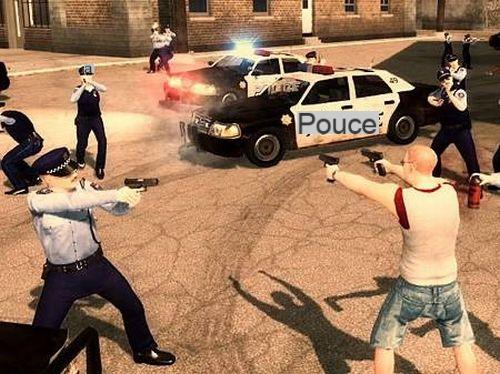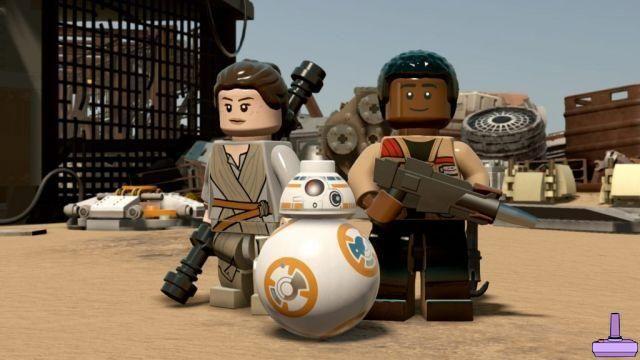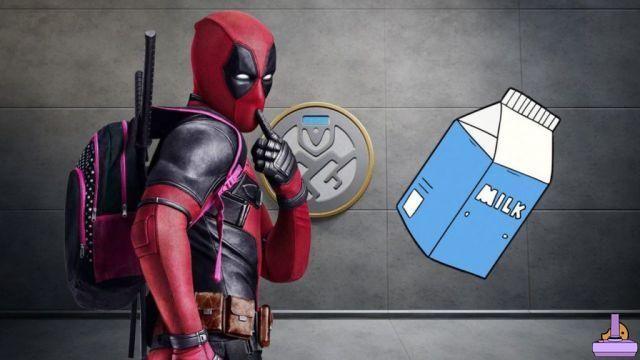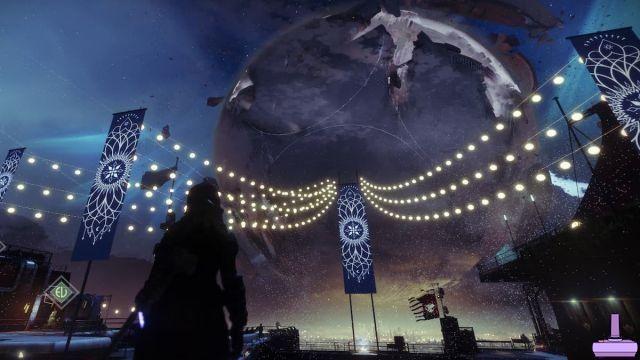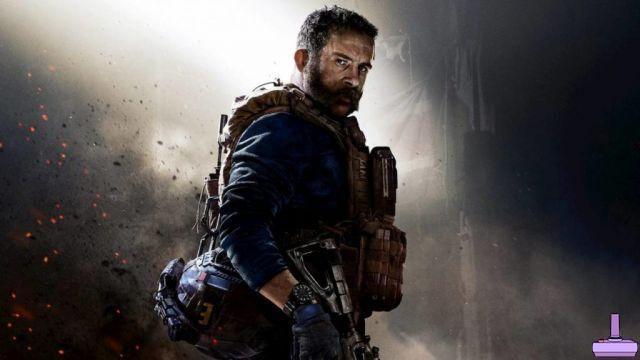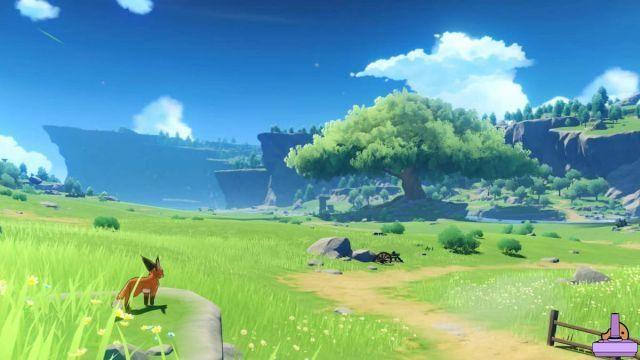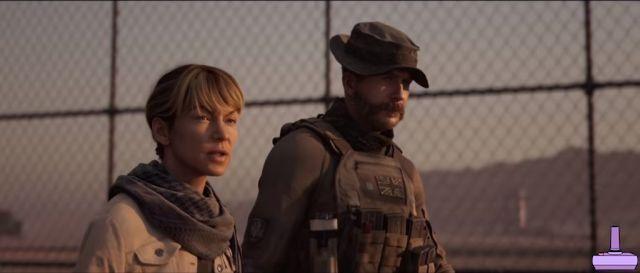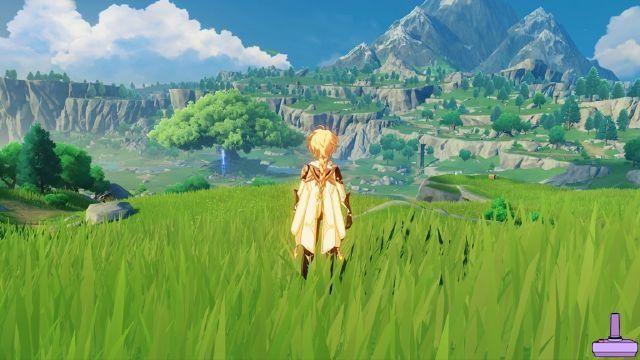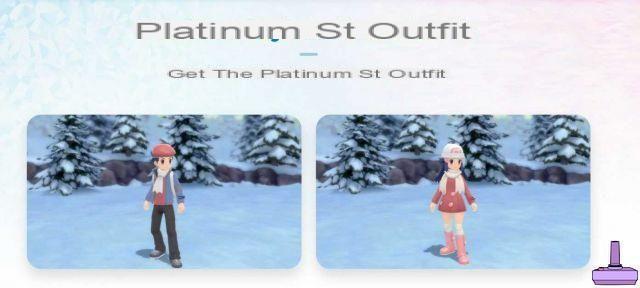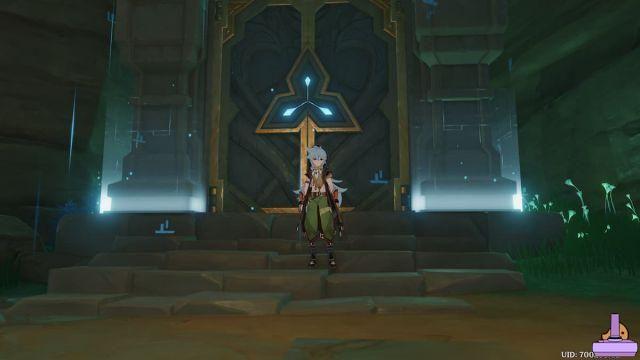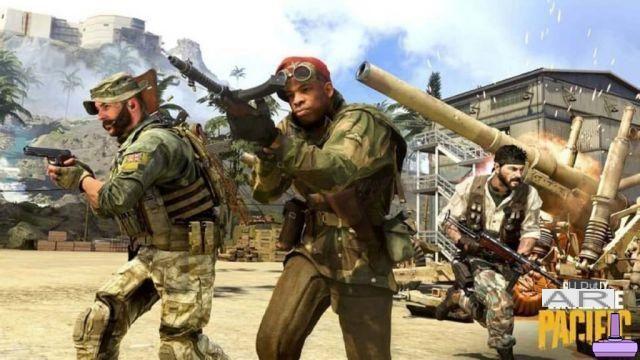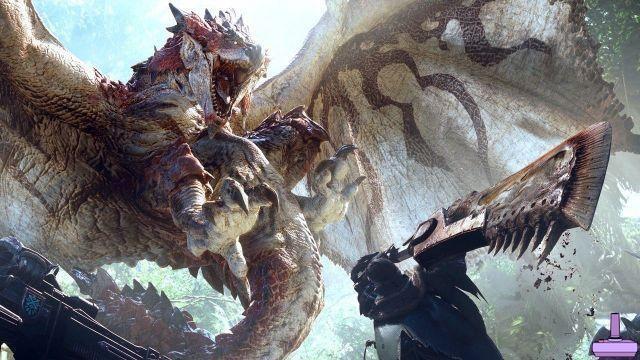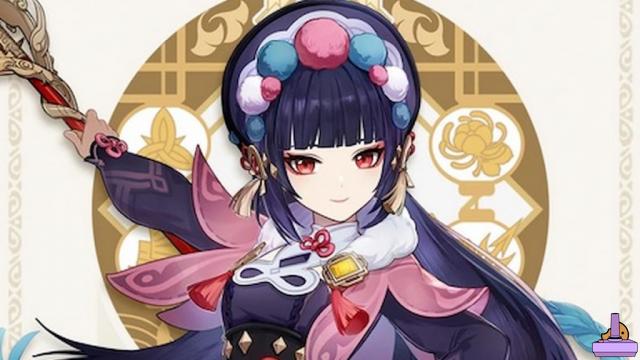With the big online presentation events of the next seasons' games approaching, the start of this week was marked by a number of new rumors on looming episodes of two horror sagas that made the history of video game between the 90s and 2000s: Resident Evil and Silent Hill are preparing to land in the next gen and to terrorize new players, but also to entertain and thrill old aficionados.
Two historical brands, able to give a lot to the survival horror genre, but also two sagas that have faced tortuous paths which led to different but still problematic outcomes, between restart, remake, missteps and abandonments by the industry.
Today we tell you their story, the story of two rivals who have made their diversity the reason for their success.
Remember to follow us on Google News, just one click!
The golden age of survival horror
Telling the story of Resident Evil and Silent Hill means telling a piece of Japanese videogame history, that of the last years of the twentieth century, which thanks to the success of Playstation has practically gave birth to the modern video game as we know it today.
Among illustrious progenitors such as Metal Gear Solid, Tekken and Pokèmon, in 1995 the Clock Tower had sprung up, which in the wake of the very first Alone in the Dark it had first brought horror to our electronic devices.
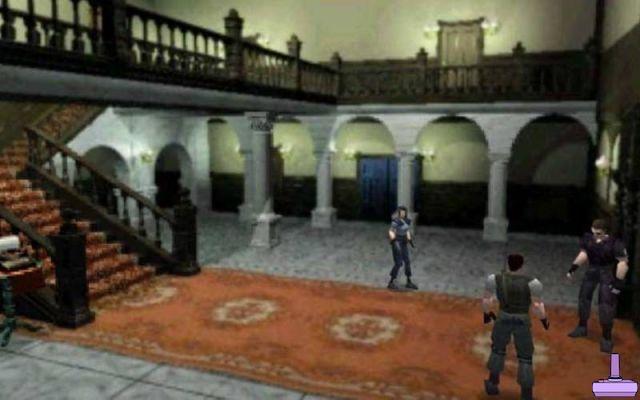
At the cinema, the medium that inspired and guided the best videogame experiments at the time, these were the years of cassette horror, the years of the explosion of series like Scream and the revaluation of series considered trash until recently, like Nightmare or Friday the 13th. The audience was in a sense overcoming the reluctance to a genre still considered "non-mass" and, in a few sparse circles, still "immoral".
The right age to experiment with a form-game that would no longer highlight the concept of simple "action", but above all that of "fear". Survival horror built its narrative and playful device precisely on putting the player in the shoes of a character completely divorced from notions of combat and survival as opposed to murderous and ruthless monsters.
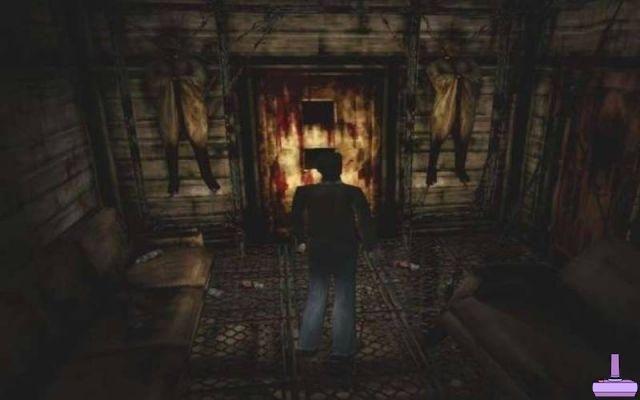
Just a year after Clock Tower, that formula was reinvigorated and refined by the first resident evil, who took the seeds planted by his predecessors, joined them to the narrative semantics of the films of George A. Romero and he built the first zombie-game in history. An extraordinary success, which in fact showed what it meant to speak of "survival" within a video game. Little could in fact Chris and Jill's bullets against hordes of zombies in the terrifying mansion of the first title, which became the scene of a massacre of members of the STAR.S.
The world of gaming would never be the same again.
Here comes the rival
In 1998 Capcom repeated the miracle with a second episode, which took the playful and narrative potential of the former and applied them on a larger scale, with an entire American city ravaged by screaming zombies to explore and "live".
Telling the success of Resident Evil 2 is simple: just think of the fact that after twenty years Capcom felt the need to confirm the restart of RE in a big way after a moment of stalemate right from one of its remakes, demonstrating the ability of the game to enchant entire generations of gamers with its innovations.
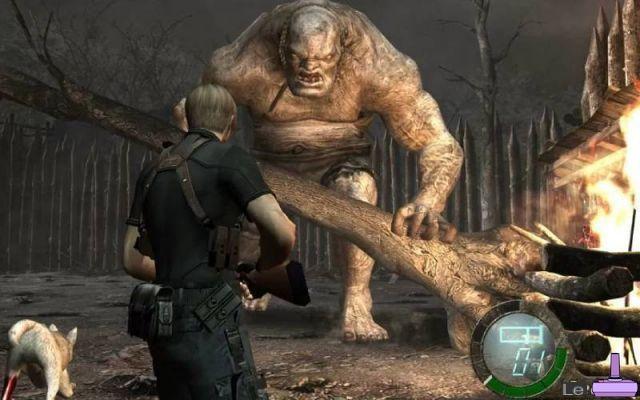
Meanwhile, other survival was on the PlayStation scene: Clock Tower followed Resident Evil on the Sony console, and soon these games would be followed by new brands like Forbidden siren (also Japanese), ma fu Konami, another Japanese company that at the time was celebrating the success of what is defined as one of the best Japanese games of the decade (Metal Gear Solid, of course), to drop the ace, with Silent Hill.
It was 1999, and a rivalry was about to break out.
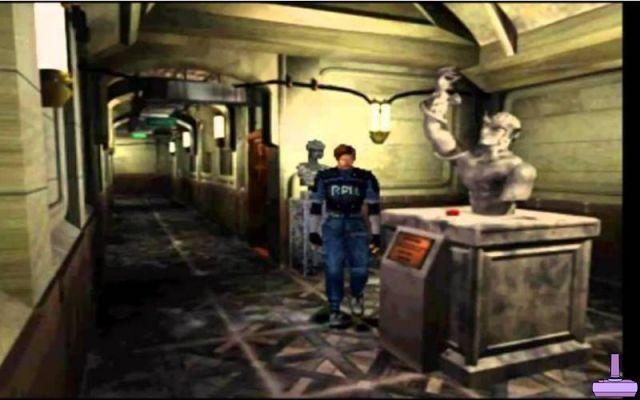
Different horrors, same strength
From its inception, it was clear that Silent Hill would succeed in frightening and distressing players around the world, but using tools completely different from those of Resident Evil.
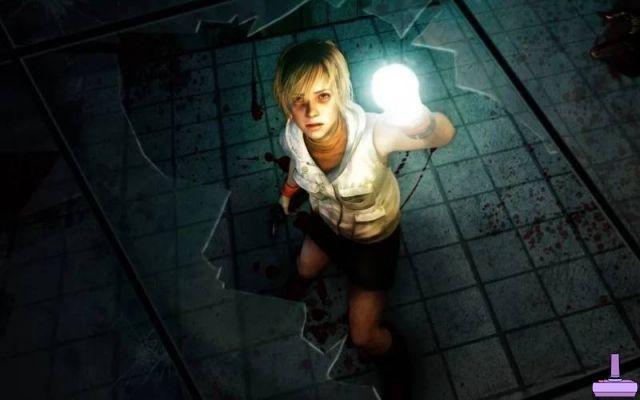
If the two Capcom episodes were based on the concept of "sci-fi horror", staging the classic case of the experiment gone wrong capable of generating an apocalyptic epidemic and devastating the whole world, Silent Hill played in a semantic field closer to that of American gothic esotericism. The approach was in fact above all literary, impregnated with stories that had their roots in the folklore and bad conscience of the USA (somewhere between Stephen King and Howard P. Lovecraft), with the classic story of a cursed city and the corruption it engenders.
The perspective was similar to that of Claire and Leon in Resident Evil 2, with an ordinary person who found himself facing supernatural horror. But if Claire, Jill, Chris or Leon were figures of classic American horror b-movie, complete with names so iconic that they seem not very credible, Silent Hill's Harry Mason was a slightly more “realistic” figure and therefore thick, with a heavy bond (his daughter who mysteriously disappeared after a car accident) and above all a melancholy air that seemed to haunt him.
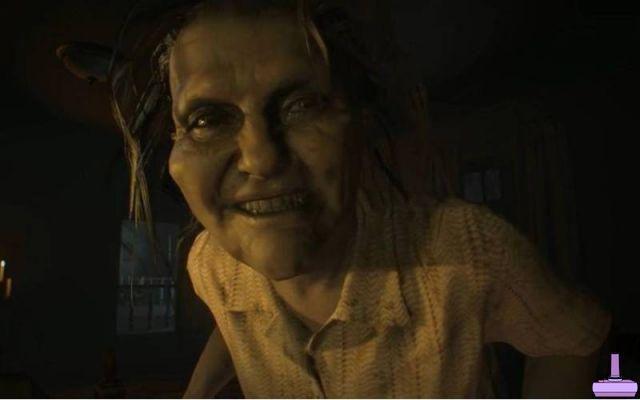
Two series that started from different premises, but which ultimately managed to emerge in the crawl space of survival horror born at the time for a fundamental characteristic: they took themselves seriously and wanted to build a new canon capable of retaining an audience, in a similar way to what is done by film series of the same genre.
A similar fate
It's not hard to think of Silent Hill and Resident Evil as the two true rivals within the same industry. Okay, survival horror is full and was full of alternatives, and it became more and more since the early 2000s. However Konami's gauntlet could not have been at Clock Tower (for example), a much milder brand than the other two (and in fact disappeared from the radar), but just to the classic Capcom.
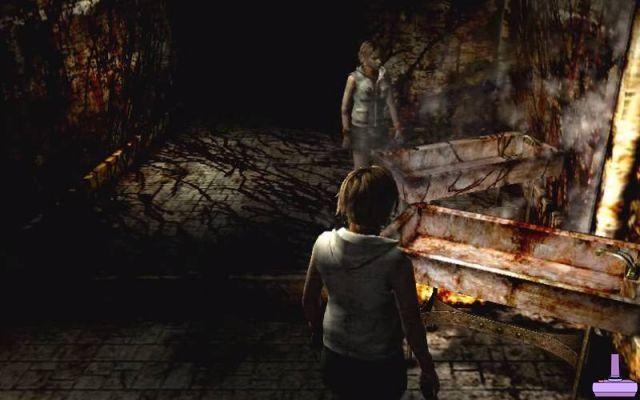
Their race to the Olympus of video games seemed a sort of competition, of constant confrontation, which also had similar dynamics: an innovative first episode or in any case of extraordinary strength, a sequel that improved the original and capable of becoming a masterpiece, some subsequent original episode but perhaps not with the same disruptive force as the first. Finally, the missteps and arrests.
With different modalities and different times both RE and SI have jammed and they saw their formula go into crisis under the concentric weight of fierce competition and the suffocating laws of the market, which led them to yield. Resident Evil has bounced back with a shrewd innovation strategy (Resident Evil 7: Biohazard) e nostalgia operations with remakes (one of which is considered a masterpiece). Silent Hill, on the other hand, disappeared from the radar after Downpour (2012) and until today he had seemed to have nothing more to say.
And now?
Hopes for the future
What does the future have to offer? Will Silent Hill be able to return the Resident Evil challenger? And Resident Evil 8 and the remake of 4 will dissolve the doubts raised by the fluctuating remake of the third episode?
We don't know, but allow me a personal comment: I really hope they both recover, and return to shine carrying on their wonderful peculiarities, true gifts to the contemporary horror imaginary.
And I say this as a fan of the genre.




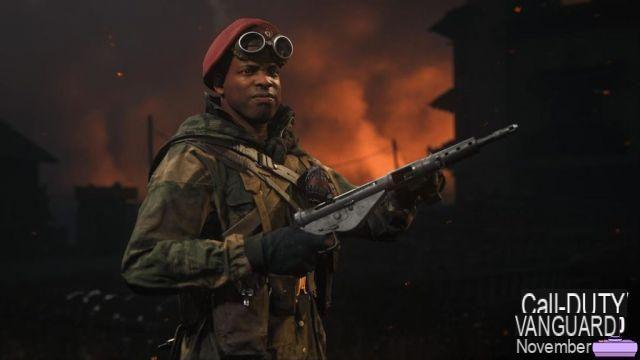
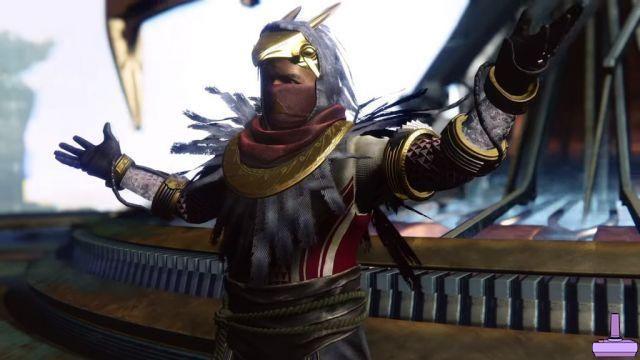
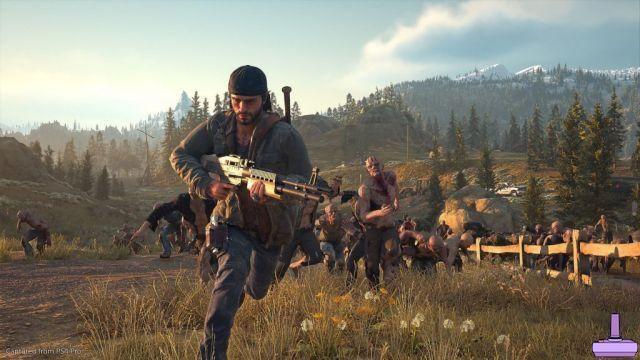
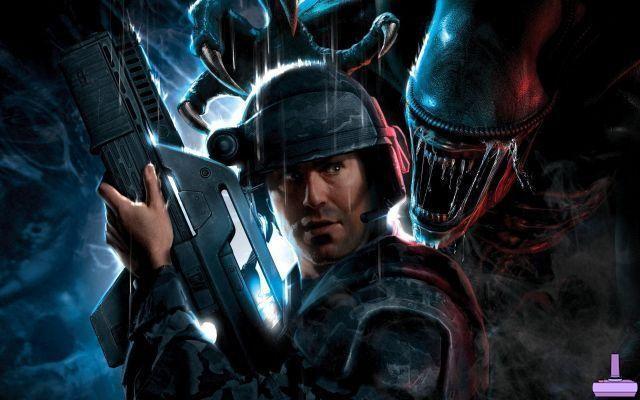
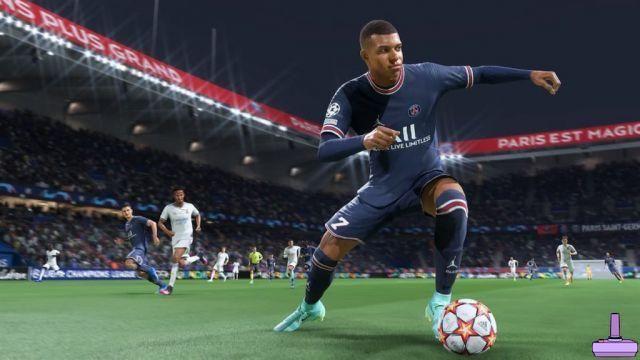
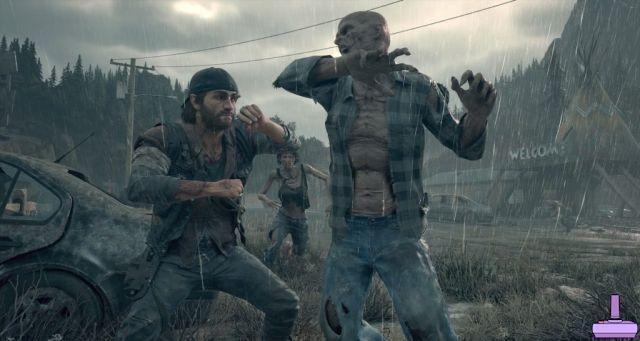
![[Curiosity] Fable III](/images/posts/f7baa5edc7cb8c27db8a50da8646bb73-0.jpg)
![Unlock the GTA 5 fighter jet plane now [360-PS3]](/images/posts/acd9f5f4bd10a8a7d1dd836388422ae8-0.jpg)
